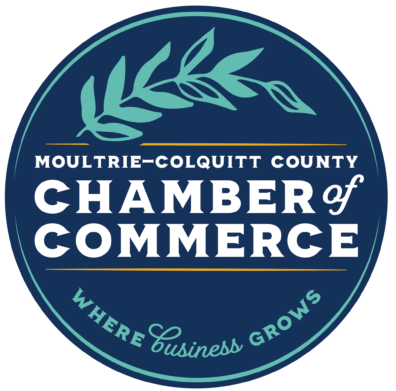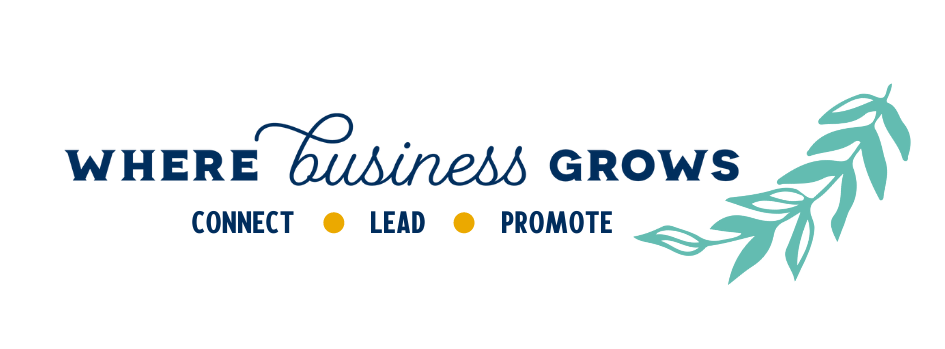One way to bring shoppers into your business over the holiday season is by offering deals. That’s how the big box stores work. They bring in customers through loss leaders. While you might not be in a situation to offer products at cost, you can offer deals to bring the crowds in. This year especially, shoppers will be looking for bargains and they may not always think of small businesses as places to find them.
Offering a discount can be tricky for a small business. You want to ensure your discount is driving enough sales that you’re not undercutting profit.
According to Statista, 93% of shoppers use a coupon,so offering discount codes/coupons is a good way to lure buyers in. You can offer a discount to some customers, but not all, if you use a coupon rather than a store-wide discount.
You can also target certain audiences for their loyalty or following such as sending out a mailer or email to past customers, posting a flash discount on social media (good for a very limited time), or offering it to a specific group of people such as chamber members.
Do you remember the idea the CEO of JCPenney’s had of offering the best pricing all the time, no coupons, no discounts? It failed miserably. There’s something motivating in the sales psychology of getting a coupon or extended offer. It makes a customer feel like they have the winning ticket, and many are inspired to buy because of it.
Another popular deal strategy is offering discounts for larger quantities. Most people will find it much more appealing to get more of an item than buying a single item at a discount. For instance, a 50% increase in quantity (getting more) is the same as offering a 33% discount, but the latter is not nearly as appealing.
Offering discounts for online shoppers who are new to your site is a solid strategy but only when used optimally. How many times have you been on a new site and before you can tell whether you want to buy or not, a pop-up fills your screen offering a discount for that day’s purchase? Discounts drive sales and make customers feel great about their purchase but this type of use is like asking for a marriage commitment on a first date.
Instead, ask them to join your mailing list for a discount when they’re ready to buy. This benefits you in two ways. You’re incentivizing them to purchase when they’re ready and you’ve enticed them into providing you with a way to contact them in the future. If you promise to respect their privacy, they’ll likely sign up. Discounts are the top reason people subscribe. Plus, a past customer is always easier to sell to than a new one. According to HubSpot, you’re 60-70% more likely to sell to one you’ve sold to before. A new customer also costs you more, between 5-25% more to acquire.
One complaint about cable and cell phone companies is that the best deals are saved for new subscribers. Yet, even these businesses are slowly changing their tunes and beginning to offer deals to loyal customers. You can too.
Loyalty clubs can take many forms such as punch cards, point programs, or special thank you discounts. Some loyalty benefits are one-offs like a coupon for a “Customer Appreciation Event” or—in the case of loyalty clubs—cumulative (the more they spend and the more frequently they buy from you, the more they are rewarded). Loyalty programs make people feel valued and special. You are thanking them for your success and inviting them back.
Depending on your business, you may also find “pay up front” deals very appealing. With these programs, you offer discounts to customers who buy in bulk ahead of services or products offered. You can use this as part of a gift card offer (buy $100 gift card, get an additional $10, for instance) or—if you offer services—charge a flat fee for unlimited use (such as $60 a month for unlimited classes). This helps you bring in revenue today for products or services claimed tomorrow. Since you’re getting the money up front, you pass a small discount or bonus along to them in return.
The shop small season is a great time to bring in customers with deals and discounts. If you decide to implement any of these, make sure you market them accordingly. They won’t work if no one knows about them. As you market, don’t forget to tell your chamber, visitors bureau, and your city. Those groups can help ensure the message (and “sales incentivizers”) become part of their shop small messaging too for even greater reach.
Christina R. Metcalf (formerly Green) is a marketer who enjoys using the power of story and refuses to believe meaningful copy can be written by bots. She helps chamber and small business professionals find the right words when they don’t have the time or interest to do so. Christina hates exclamation points and loves road trips. Say hi on Twitter or reach out on Facebook.
Article courtesy of: frankjkenny.com
11.15.21

